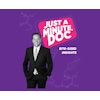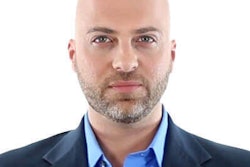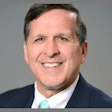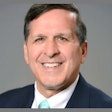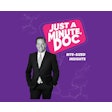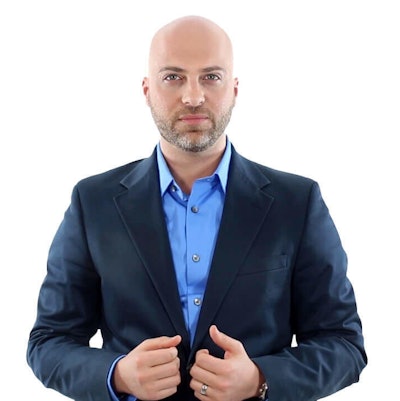
How many times have you called a company and the agent who answers sounds robotic? Chances are that the agent is reading off a call script. You are unlikely to get quality service from that agent or the company they represent.
Unfortunately, dentistry is not immune to such experiences. Below, I explain why scripts don’t work and how your front desk staff can answer the phones more effectively.
The allure of dental telephone scripts
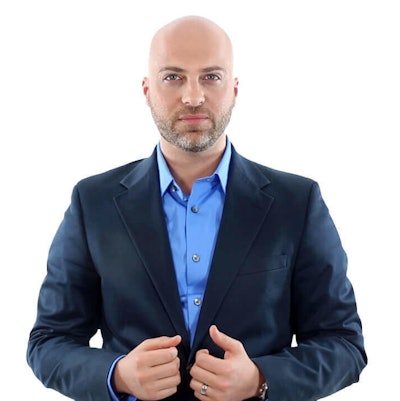 Alex Nottingham, JD, MBA.
Alex Nottingham, JD, MBA.
From a practice owner’s perspective, it is easy to understand why scripts seem useful. You can “guarantee” that everyone says exactly the same thing. Unfortunately, scripts are a shortcut, because most managers don’t choose to invest in training the team to be effective on the phone.
No silver bullet
There may be people out there who have an innate ability to convert callers to appointments. But for most of us, working with inbound calls is challenging and training intensive. You need to work hard to develop the skills needed to convert new patients on the phone.
The top practices convert 75% of calls to appointments. But if you don’t train your front office team, you end up with the industry average of a 35% call conversion rate. That means you’re leaving lots of cash on the table.
Why dental telephone scripts don’t work
First, most people who use a script sound scripted when they are on the phone. Call nearly any big company. Their agents do not have the skills to sound like anything other than they are reading from a script.
Second, there’s little room for the front office team to react dynamically to the caller. Most scripts are developed by some outside organization, and they tend to be very strict about “sticking to the script.”
Serving your patients on the phone involves determining exactly what the patient needs. This focus on a patient’s needs ensures that the practice is the right place for the patient and that their healthcare needs will be met.
But if you are using a script to manage the call, how can you properly investigate a potential patient’s needs without deviating from the script? Where is the conversation and the back and forth that will help your team determine what the patient needs? Scripts simply don’t allow that.
Third, scripts are typically crafted by outsiders who know little about your practice. How can you develop a script for people that you don’t even know? These individuals default to the basics and rely on sales tactics to make the script work. This is dangerous to the patient experience!
What to use instead of dental telephone scripts
Train your front office team in the skills needed to work effectively with everyone who calls into the practice. Teach them the tools to set the right tone when answering a call and how to establish a warm and friendly relationship with a potential new patient. Train your team in the vocabulary and process that will enable them to be effective with callers.
Alex Nottingham is the CEO and founder of All-Star Dental Academy. Among his works, he has authored a book titled Dental Practice Excellence: 3 Steps to an All-Star Practice and leads an online training event.
The comments and observations expressed herein do not necessarily reflect the opinions of DrBicuspid.com, nor should they be construed as an endorsement or admonishment of any particular idea, vendor, or organization.



